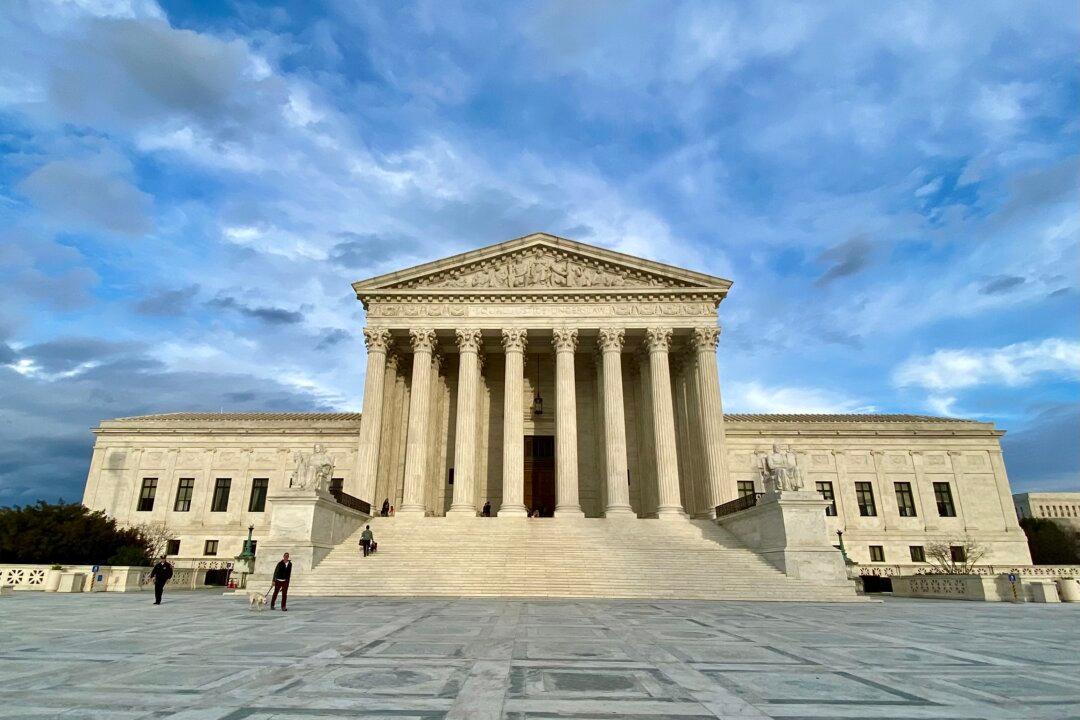Later this month, the Supreme Court will consider a case arising out of a botched sex-trafficking investigation about whether state and local police officers enjoy immunity from lawsuits when they’re federally cross-deputized as members of joint state-federal task forces.
Three young women, including Ifrah Yassin, are suing the St. Paul, Minnesota, Police Department, claiming that their Fourth Amendment rights were violated. The U.S. Court of Appeals for the 8th Circuit ruled against them in July 2022.





